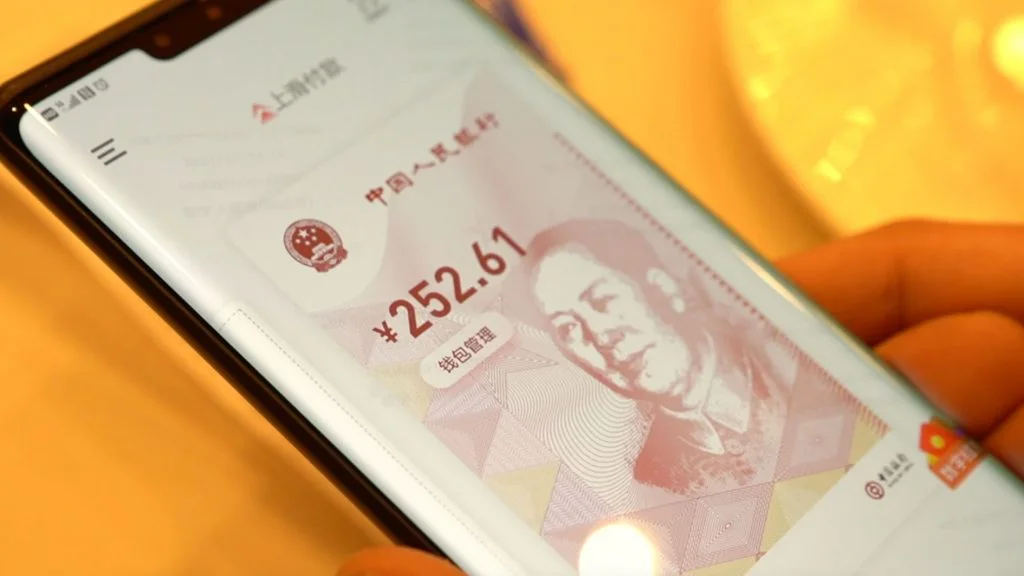Chinese banks supported by the Chinese government are apparently looking into additional uses for the digital yuan (e-yuan), such as allowing citizens to buy insurance and investment funds online.

Leading Chinese banks such as Bank of Communications (Bocom) and China Construction Bank (CCB) are collaborating with fund managers and insurers to enable e-yuan payments in industries other than retail, according to the South China Morning Post.
According to the report, CCB has partnered with Shanghai Tiantian Fund Distribution, an investment funds platform, to allow individuals to make online fund investments using the digital yuan, as well as JD.com, a Chinese e-commerce company. Zhang Min, executive vice president of the CCB, stated:
“We have been involved in the research and development of the central bank digital currency since 2017, and we believe it is important for our payment system because of its ability to improve payment efficiency.”
According to reports, CCB has opened a total of 8.42 million e-yuan wallets, with 7.23 million individual users and 1.19 million businesses using them.
Qian Bin, executive vice president of Bocom, said the bank is looking at a variety of uses for the e-yuan in fund management and insurance.
The state-backed banks’ efforts go beyond China’s central bank’s original concept for the central bank digital currency (CBDC), which was primarily meant to facilitate low-value, daily retail payments.
Despite its active efforts to mainstream the digital yuan, China’s government has been adamant about prohibiting the usage of Bitcoin (BTC) and other digital currencies within its borders.
The government plans to maintain a “high-pressure scenario” on crypto transactions, according to Yin Youping, deputy director of the People’s Bank of China’s Financial Consumer Rights Protection Bureau.
In addition, as the crackdown continues, Chinese Bitcoin miners from Yingjiang County have been delisted from local hydropower grids.
